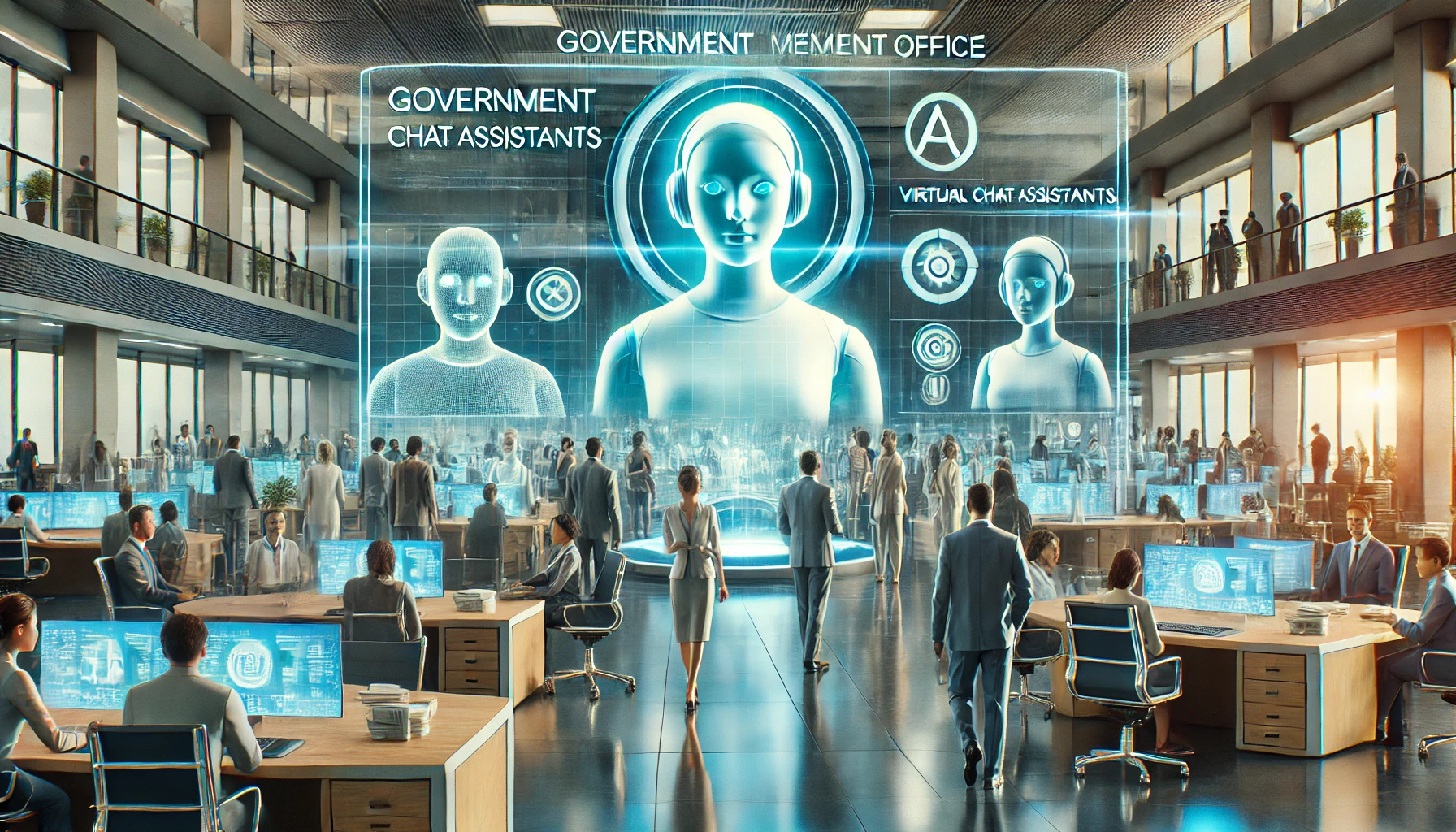In a world increasingly driven by technology, governments are turning to AI-powered chatbots to enhance public service delivery. These digital assistants are transforming how citizens interact with government agencies by offering 24/7 access to information, faster response times, and a streamlined user experience. For countries like the Philippines, where efficient government services can greatly impact public trust and development, AI chatbots are not just a convenience but a necessity.
What Are AI-Powered Chatbots?
AI-powered chatbots are virtual assistants that use natural language processing (NLP) and machine learning (ML) to simulate human conversation. Unlike traditional rule-based bots, these systems learn from interactions, enabling them to respond intelligently to a wide array of queries.
Common applications of AI chatbots in government services include:
- Answering Frequently Asked Questions (FAQs): Providing instant answers to questions about taxes, licensing, or social services.
- Guiding Users Through Processes: Assisting citizens in filling out forms or applying for permits.
- Collecting Feedback: Gathering opinions to improve public services.
The Benefits for Government Services
1. Enhanced Accessibility
AI chatbots ensure that citizens can access government services anytime, anywhere. For example, a farmer in a remote Philippine province could query an agricultural chatbot about subsidies or weather forecasts without needing to visit a government office.
2. Improved Efficiency
By handling routine inquiries, chatbots free up government staff to focus on complex or sensitive issues. This reduces service backlogs and improves overall efficiency.
3. Cost-Effective Solutions
Developing and maintaining AI chatbots is more cost-effective than staffing 24/7 call centers. Governments can reallocate these savings to other critical areas.
4. Multilingual Support
In a linguistically diverse country like the Philippines, chatbots can be programmed to understand multiple languages and dialects, ensuring inclusivity.
Real-World Applications
Case Study: The Philippine Social Security System (SSS)
The SSS chatbot could help members track contributions, apply for benefits, or resolve account issues without long waits in physical offices.
International Success: Estonia
Estonia, a leader in e-governance, employs chatbots to manage queries about its e-residency program, tax filing, and digital identity services.
Challenges and Solutions
1. Data Privacy Concerns
Chatbots handle sensitive information, making data protection paramount. Governments must implement robust encryption and comply with data protection laws like the Philippine Data Privacy Act.
2. Digital Divide
Not everyone has equal access to the internet or the skills to use chatbots. Offering alternative methods of interaction, such as SMS-based services, can bridge this gap.
3. AI Limitations
Chatbots might struggle with nuanced or complex issues. A hybrid model combining chatbots and human operators ensures that more complicated inquiries are adequately addressed.
The Future of AI Chatbots in the Philippines
As the Philippine government invests in its digital transformation, integrating AI chatbots across agencies will play a crucial role. Potential future applications include:
- Disaster Management: Chatbots could disseminate evacuation plans or real-time updates during calamities.
- Healthcare Support: Virtual assistants could guide citizens through health programs or appointment scheduling.
- Education Access: Chatbots could help students find scholarship opportunities or navigate enrollment procedures.
AI-powered chatbots represent a leap forward in making government services more accessible, efficient, and citizen-friendly. By embracing this technology, governments, especially in developing nations like the Philippines, can ensure they meet the needs of their people in a rapidly evolving digital age.
I, Evert-Jan Wagenaar, resident of the Philippines, have a warm heart for the country. The same applies to Artificial Intelligence (AI). I have extensive knowledge and the necessary skills to make the combination a great success. I offer myself as an external advisor to the government of the Philippines. Please contact me using the Contact form or email me directly at evert.wagenaar@gmail.com!
[SEO optimized]
